Hi dear friends The story is this: We hold two properties and now the stage has reached the refinancing ...

Hi, dear friends
The story is this:
We hold two properties and now the stage is for refinancing. I have the following two options:
Option A - The two assets will be used as 25% DownTime to buy a group of four more mortgage assets to 30 a year in the US (already have the assets to buy) and after 45% expenses and payment of the loan remains approximately with 1600 $.
Option B - take a loan in Israel to buy those four assets at a much better interest rate but only ten years. After 45% of expenses should add about $ 1000 for loan payment (no problem with this amount).
I would love to hear how you see things in terms of both options, where the weak points are in both cases, what is more important to you cash flow now or in the future, how you see things in terms of impairment, whether you use refinance as a tool to attract capital from time to time or as income generating Passive in the shortest time, is it right to use refinance only if you do not add money, everyone talks about BRRRR but in the population it is not a day and a half process but of years and in the end someday want to end it and enjoy the fruits… In short I would love to hear anything in your head in this context
Thanks in advance
The original responses to the post can be read at the bottom of the current post page on the site or in the link to a post on Facebook and of course you are invited to join the discussion
- Noam Nahum Tal Saadon Wow a similar situation, followers!
- following
- I believe it should not be mixed. A loan is taken out on the property that is supposed to serve it! There must be a connection between the debt and the property (although the excels of some guys here say otherwise).
- I do not like a second option.
For the first option is missing some information, for example how much monthly payment total to know what weight of 1600 dollars you left. - The better conditions are won and in the end all are told,
At least one advantage I see in a mortgage in the US is that it will give you credit points with banks and other US lenders in the future - I think American funding… but I will give you something more…
Israeli financing sat here in Israel on the personal…
In other words, in case you want personal needs in the future, this will affect you - I am in favor of a quick return on investment, in particular that you have more money left in your hand.
I would try to increase the return and reduce years. Build capital faster and grow faster. The problem is that it should be arranged and ready for surprises because these are 4 units. - A small point about alternative B,
You have indicated that the interest rate in Israel will be lower, I assume it is prime interest rate / linkage.
Keep in mind that if the monthly cash flow is minus $ 1,000 per month and that's fine with you it's great but it's the beginning.
In a very likely scenario that the interest rate will rise over the years, the repayment will also increase and you may reach a higher negative cash flow.
It's important to see that you can stand up to that too.
Otherwise the property will become a burden.
And there will be lots of success !!! - If you are a recipe for mortgaging the assets, ie taking a loan against the two assets, then if the money you get put down on another 4 assets - that is, at the end of the day, will you need 6 mortgages on different 6 assets?
Which means every asset earns you 266 after a mortgage? What size of loan do you take against the first two assets? In long-term asset holdings, Floo Straw is very importantIs there a condition to do in the then a?
- Do not see the logic to carry out all these moves and eventually end up spending 1000 dollars each month to cover the financing, the whole idea is that the property will work for you and not you for him.
- I think there are a lot of data missing here. So whoever gives you his opinion here gives it with a lack of information (and only as a principle).
I would advertise all transactions here, including all expenses, including all data on the refinancing. This way you can get more accurate answers. - Make a refund and you will be able to buy additional assets that you will enjoy in the long run. Think of someone who took out a 30 year mortgage on 2 houses in Tel Aviv… Now think of yourself in X years. I did this on 3 properties and purchased another toothpick from the refinance money. This financing is an endless return because I bought an entire property without putting equity and another one with little equity.
- Assuming that the data you presented is correct (it is always worthwhile to verify the numbers and how much can be improved when you need all the transaction data, and the financing interest, but not the question)
* No answer here that is in principle correct or not what is better to flow now or in the future,
You need to see how well it fits your personal goals (preferably based on your investment strategy rather than a survey of what the majority think…)
Do you care about some cash flow earlier (like option A) and wait longer for the big flow, or give up cash now, but the full flow will come faster (10 years instead of 30),
* There is nothing wrong with spending money out of pocket as in Option B, just have to make sure it fits into your abilities today (and notes that integrates)
But also what happens if your family income goes down (for example, if you are an employee, what happens during the period of leaving / leaving work).
* Regarding sensitivity to increase / decrease in value - if in your strategy you intend to realize the assets with an increase in value, and not just collect for passive income,
So in the big option, if you spend less money out of your pocket, until you realize the increase in value,
So that in practice at the time of realization the yield on the invested equity will be higher.
And if in any case you are only planning to collect assets then the increase / decrease in value is less critical for you. - Single income from singles is exposed to many variables (Baltham) that are out of your control, so this is not exactly a passive "guaranteed" income that you can grow old with.
On the other hand, in a commercial / commercial / multi-asset property, the cash flow income is much more "guaranteed" and a pension can be built on it with dignity.
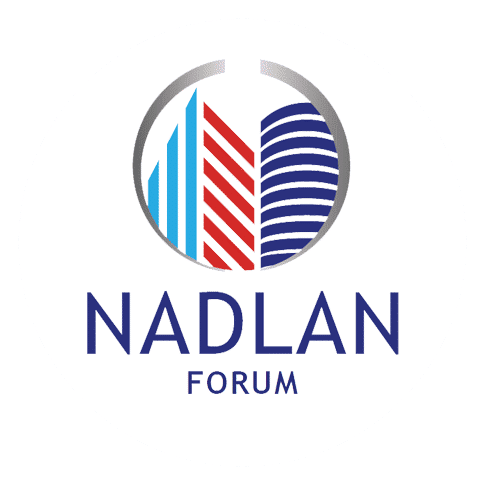









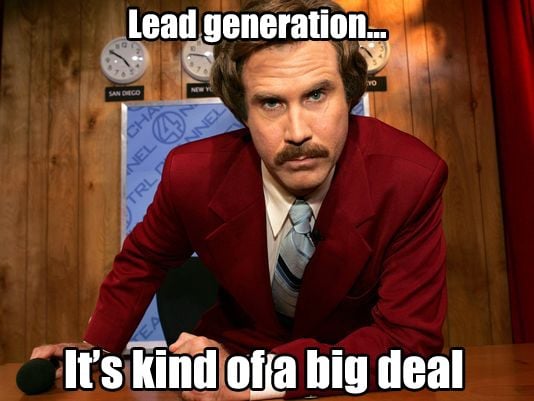












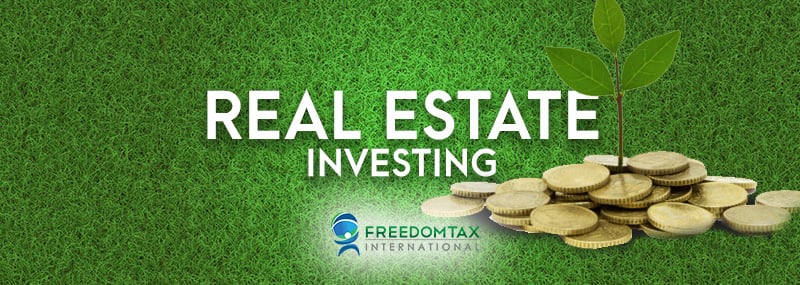
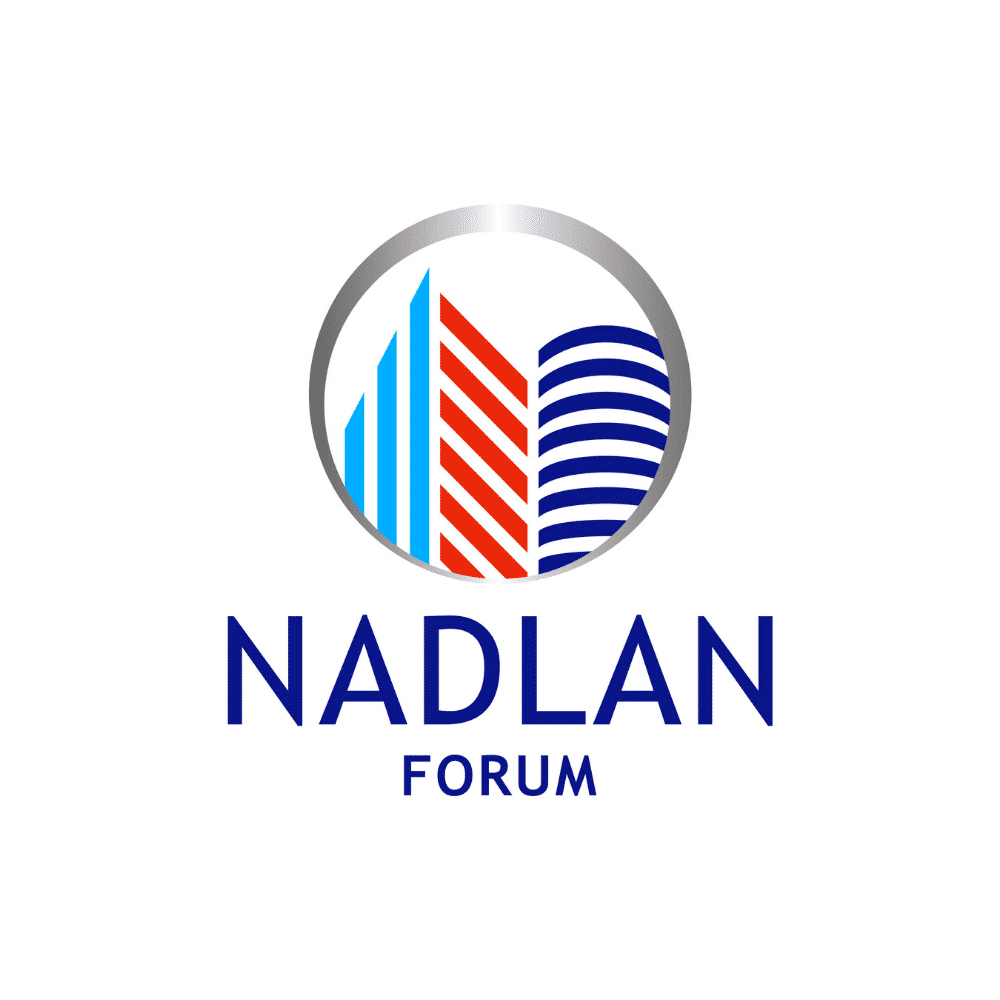
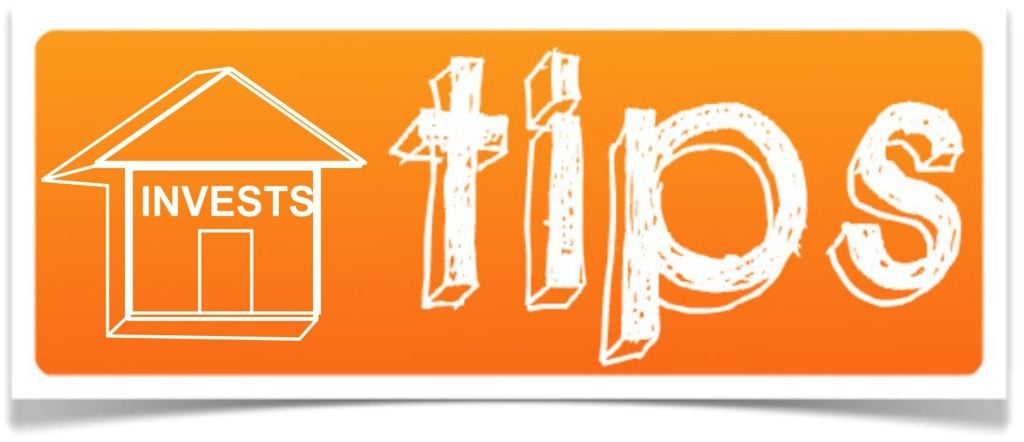
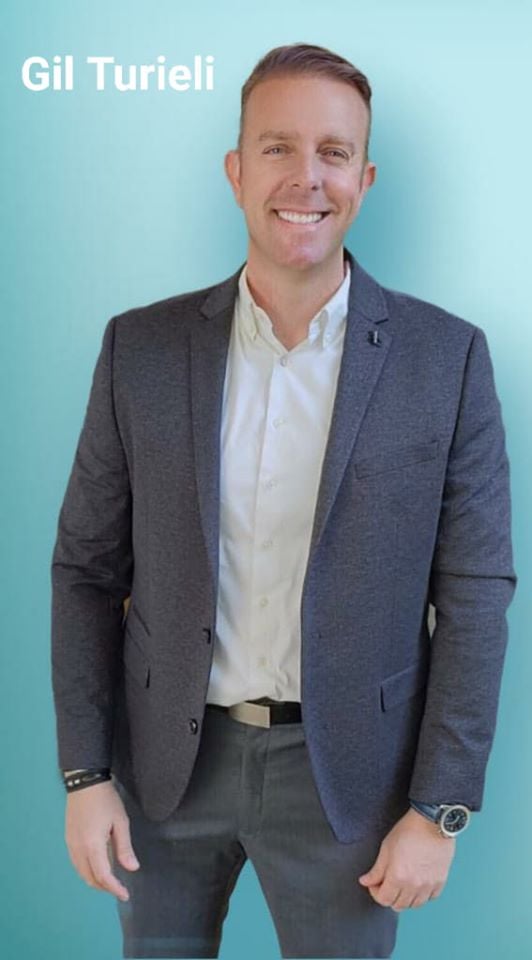





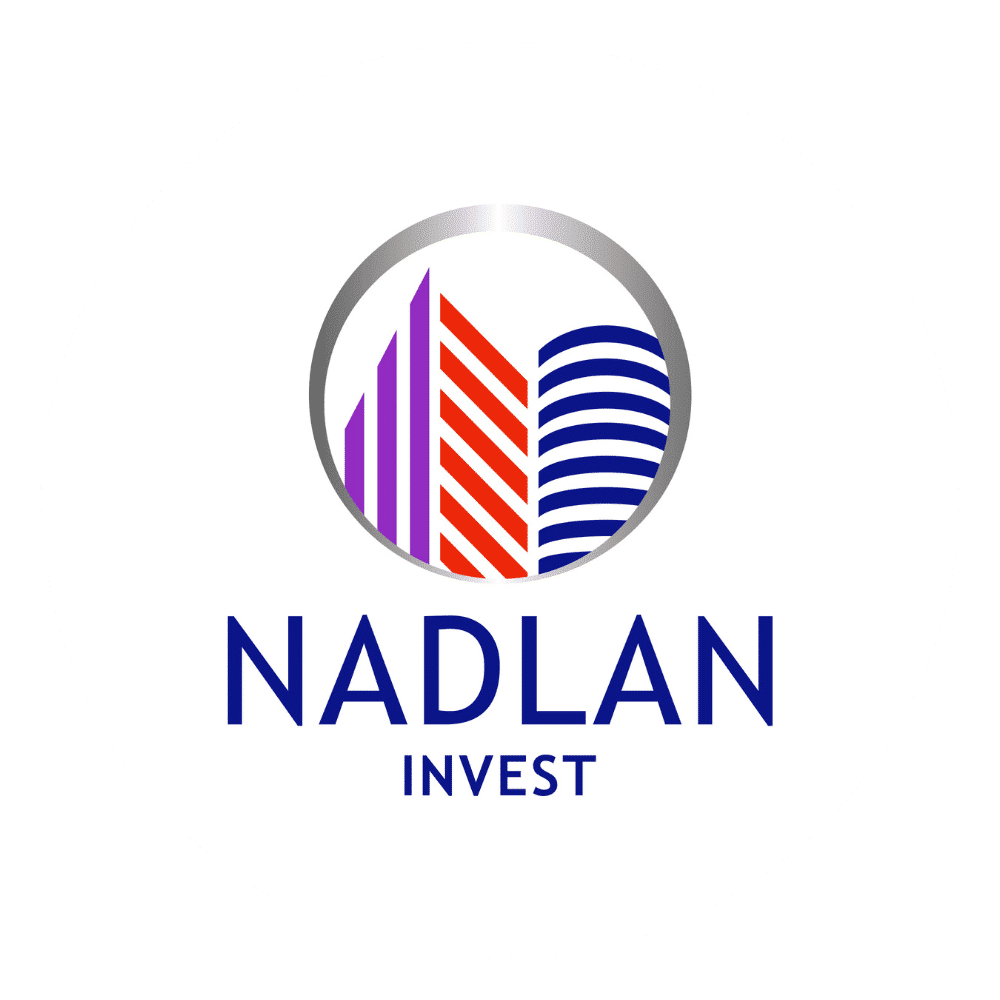


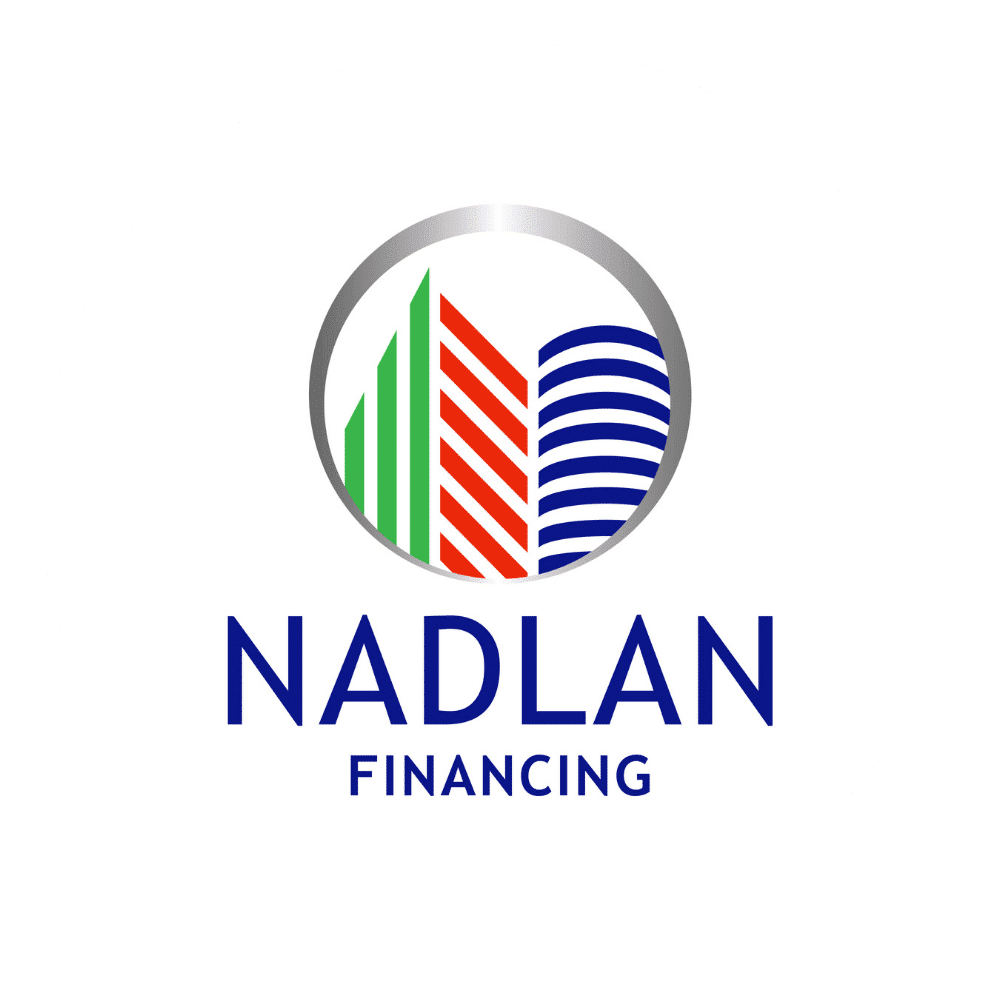


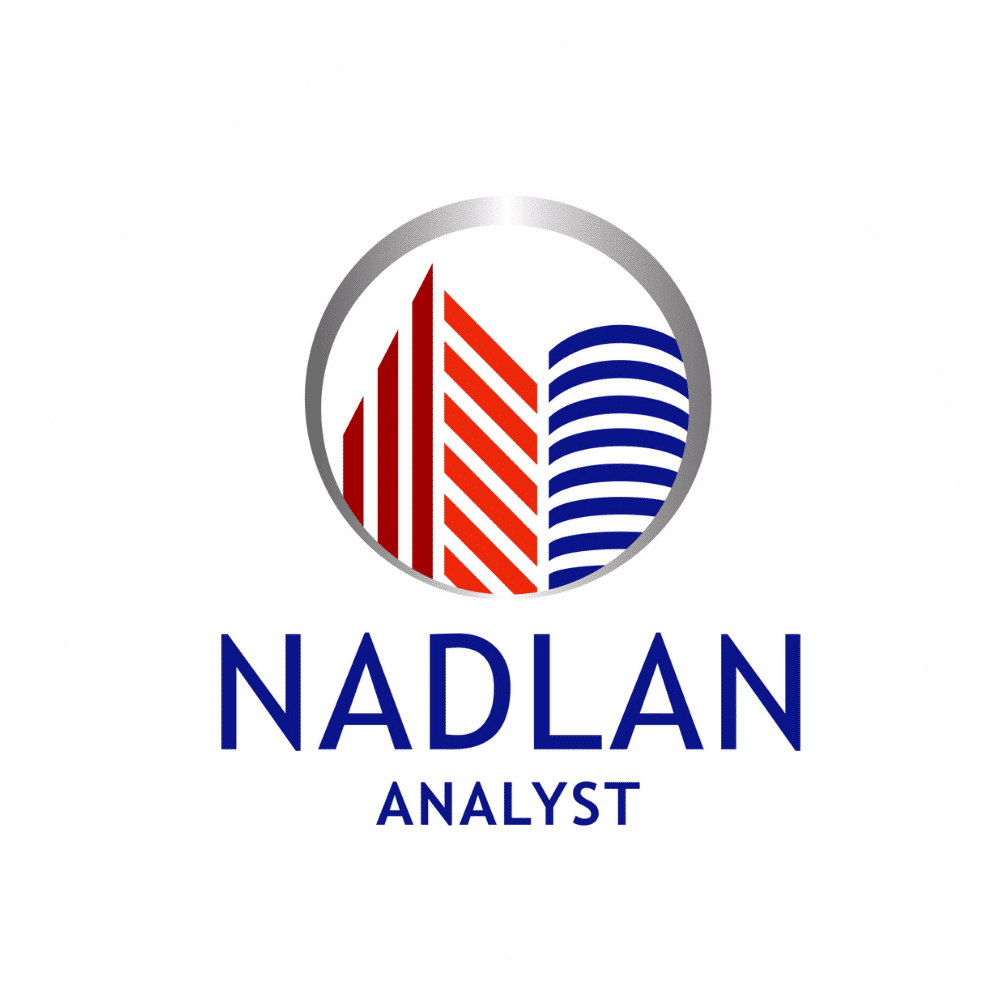
Single income from singles is exposed to many variables (Baltham) that are out of your control, so this is not exactly a passive "guaranteed" income that you can grow old with.
On the other hand, in a commercial / commercial / multi-asset property, the cash flow income is much more "guaranteed" and a pension can be built on it with dignity.
Assuming that the data you presented is correct (it is always worthwhile to verify the numbers and how much can be improved when you need all the transaction data, and the financing interest, but not the question)
* No answer here that is in principle correct or not what is better to flow now or in the future,
You need to see how well it fits your personal goals (preferably based on your investment strategy rather than a survey of what the majority think…)
Is it important for you to receive some flow earlier (as in option a) and wait longer for the large flow, or give up a flow now, but the full flow will arrive faster (10 years instead of 30),
* There is nothing wrong with spending money out of pocket as in Option B, just have to make sure it fits into your abilities today (and notes that integrates)
But also what happens if your family income goes down (for example, if you are a salaried employee, what happens during the period of leaving the job).
* Regarding sensitivity to impairment - if in your strategy you intend to realize the assets with an increase in value, and not just collect for passive income,
So in the big option, if you spend less money out of your pocket, until you realize the increase in value,
So that in practice at the time of realization the yield on the invested equity will be higher.
And if you're in any case planning to just pick up assets then the rise in value is less critical to you.
Make a refund and you will be able to buy additional assets that you will enjoy in the long run. Think of someone who took out a 30 year mortgage on 2 houses in Tel Aviv… Now think of yourself in X years. I did this on 3 properties and purchased another toothpick from the refinance money. This financing is an endless return because I bought an entire property without putting equity and another one with little equity.
I think there are a lot of data missing here. So whoever gives you his opinion here gives it with a lack of information (and only as a principle).
I would advertise all transactions here, including all expenses, including all data on the refinancing. This way you can get more accurate answers.
Do not see the logic to carry out all these moves and eventually end up spending 1000 dollars each month to cover the financing, the whole idea is that the property will work for you and not you for him.
In the option-a-recipe you mortgage your assets, ie take a loan against the two assets, and then if the money you get put down a discount on more 4 assets- that is at the end of the day you will owe 6 mortgages on different 6 properties?
The profit of the 1600 is on 6 assets?
Which means every property earns you 266 after a mortgage?
What size loan do you take against the first two properties?
In holdings of long-term assets, leverage is very important
Is there a condition to do in the then a?
A small point about alternative B,
You have indicated that the interest rate in Israel will be lower, I assume it is prime interest rate / linkage.
Keep in mind that if the monthly cash flow is minus $ 1,000 per month and that's fine with you it's great but it's the beginning.
In a very likely scenario that the interest rate will rise over the years, the repayment will also increase and you may reach a higher negative cash flow.
It's important to see that you can stand up to that too.
Otherwise the property will become a burden.
And have a lot of success !!!
Economic Abstract
I am in favor of a quick return on investment, in particular that you have more money left in your hand.
I would try to increase the return and reduce years.
Build capital faster and grow faster.
The problem is that you need to be organized and ready for the surprises that this is in the 4 units.
That's my opinion anyway
I think American funding… but I will give you something more…
Israeli financing sat here in Israel on the personal…
In other words, in case you want personal needs in the future, this will affect you
.
The better conditions are won and in the end all are told,
At least one advantage I see in a mortgage in the US is that it will give you credit points with the banks and other lenders in the US in the future
I do not like a second option.
For the first option is missing some information, for example how much monthly payment total to know what weight of 1600 dollars you left.
I believe it should not be mixed. A loan is taken out on the property that is supposed to serve it! There must be a connection between the debt and the property (although the excels of some guys here say otherwise).
following
following
Noam Nahum Tal Saadon Wow a similar situation, followers!
Noam Nahum Tal Saadon Wow a similar situation, followers!